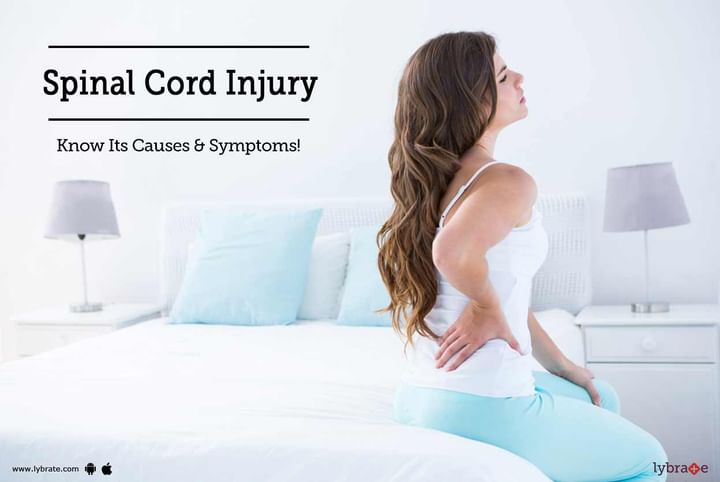Spinal Cord Injury: Know Its Causes & Symptoms!
A spinal cord injury is a damage to the spinal cord. It’s an extremely serious type of physical trauma that’s likely to have a lasting and significant impact on most aspects of daily life.
The spinal cord is responsible for sending messages from the brain to all parts of the body. It also sends messages from the body to the brain. We are able to perceive pain and move our limbs because of messages sent through the spinal cord.
If the spinal cord sustains an injury, some or all of these impulses may not be able to ‘get through’. The result is a complete or total loss of sensation and mobility below the injury. A spinal cord injury closer to the neck will typically cause paralysis throughout a larger part of the body than one in the lower back area.
Causes-
A spinal cord injury is often the result of an unpredictable accident or violent event. The following can all result in damage to the spinal cord:
- a violent attack such as a stabbing or a gunshot
- diving into water that’s too shallow and hitting the bottom
- trauma during a car accident (specifically, trauma to the face, head and neck region, back, or chest area)
- falling from a significant height
- electrical accidents
- severe twisting of the middle portion of the torso
Symptoms-
Some symptoms of a spinal cord injury include:
- Problem in walking
- Loss of control of the bladder or bowels
- Inability to move the arms or legs
- Feelings of spreading numbness or tingling in the extremities
- Unconsciousness
- Pain, pressure, stiffness in the back or neck area
- Signs of shock
- Unnatural positioning of the head
If you suspect that someone has a back or neck injury:
- Don’t move the injured person – permanent paralysis and other serious complications may result
- Keep the person still
- Place heavy towels on both sides of the neck or hold the head and neck to prevent them from moving until emergency care arrives
- Provide basic first aid, such as stopping any bleeding and making the person comfortable, without moving the head or neck
Prevention-
Because spinal cord injuries are often due to unpredictable events, the best you can do is reduce your risk.
Some risk-reducing measures include:
- always wearing a seatbelt while in a car
- wearing proper protective gear while playing sports
- never diving into water unless you’ve examined it first to make sure it’s deep enough and free of rocks. Consult an Expert & get answers to your questions!



+1.svg)
